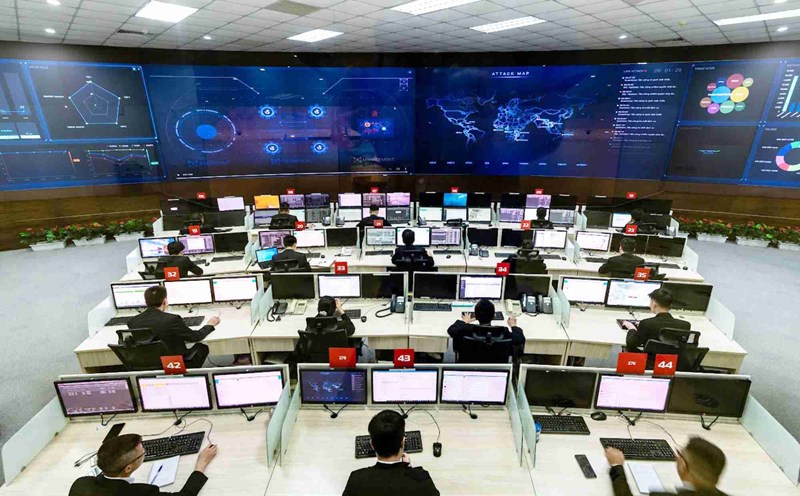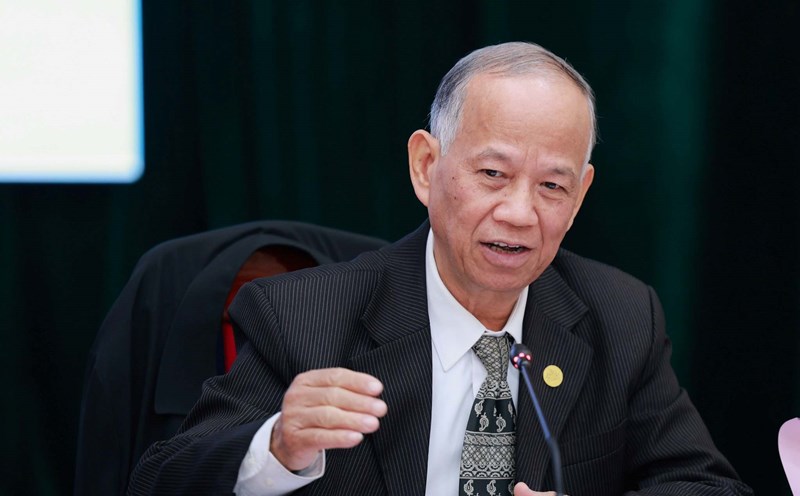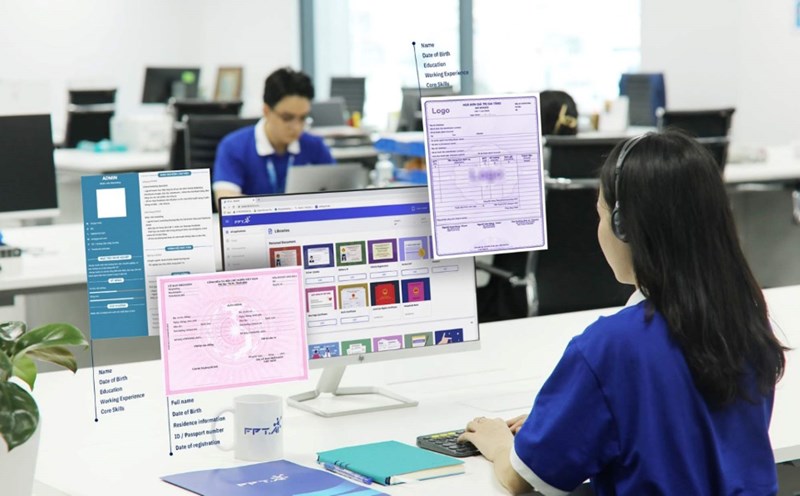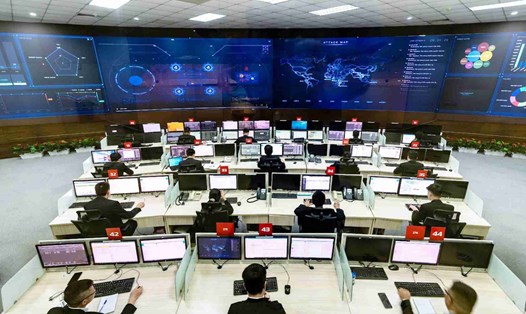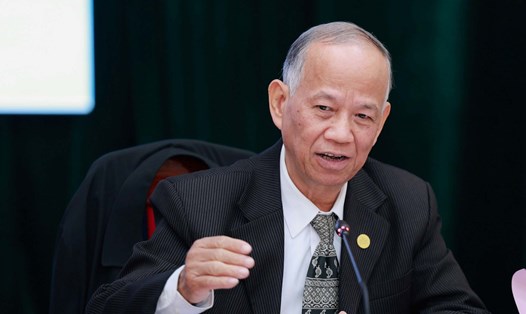Germany is considered a country that has implemented digital economic development with a comprehensive and systematic strategy at the national, industry and enterprise levels. Germany has established the Industry 4.0 Department at the Ministry of Economy and Energy, responsible for advising and organizing the implementation of digital transformation and digital economic development nationwide; establishing specialized working groups to manage and operate each specific field. The German government has also proposed a digital economic development strategy focusing on a number of fields...
According to researcher Shaoyan Sun - China Institute, University of Alberta, Canada - China's digital economy policy can be divided into three stages: "Information Infrastructure" in the 1990s, "Internet Economy and E-Commerce" in the 2000s and early 2010s; comprehensive "Digital China" after 2015. After 2015, China accelerated towards the goal of "Digital China" and entered the third stage of the digital economy. During this period, China's policy focused on integrating traditional industries with the Internet under the "Internet Plus" Initiative, promoting more application of information technology (cloud computing, big data and Internet of Things) in industries including manufacturing, banking, agriculture, healthcare, government, etc.
In general, in the policy orientation of digital economic development, China protects the domestic digital technology market to create conditions for domestic enterprises to develop and affirm their monopoly position. Domestic enterprises are supported to dominate the domestic digital technology market against foreign competitors.
In its planning policy and development orientation for digital technology industries and fields, China first focuses on digital technology fields that require moderate technology, such as e-commerce, and then moves on to develop more difficult digital technology fields, such as artificial intelligence, robotics, etc.

